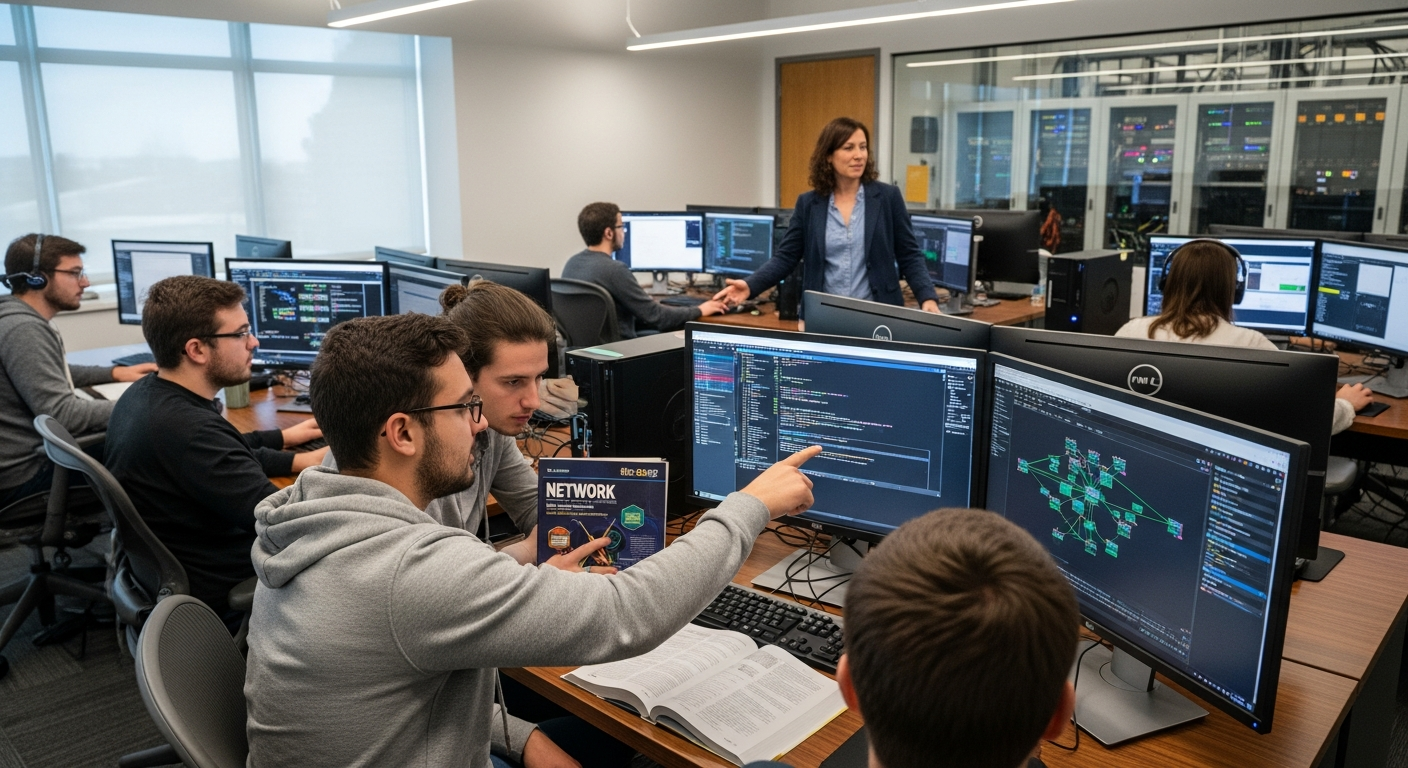Brazilian HR Career Advancement Programs
Brazil's human resources landscape is evolving rapidly, creating unprecedented opportunities for professionals seeking career advancement through specialized education. With the rise of digital transformation and changing workplace dynamics, HR professionals need comprehensive training programs that combine traditional management principles with modern recruitment strategies. Understanding the various pathways available can help ambitious professionals make informed decisions about their educational investments and career trajectories.

Guide for Online HR Degree Programs for Modern Recruiters
The digital revolution has transformed how Brazilian companies approach human resources, making online education increasingly valuable for working professionals. Modern HR degree programs now incorporate data analytics, artificial intelligence applications, and remote workforce management into their curricula. These programs typically span 2-4 years and offer flexible scheduling options that accommodate working professionals.
Online platforms have made quality education accessible across Brazil’s diverse geographic regions. Students can access coursework from universities in São Paulo, Rio de Janeiro, and other major cities without relocating. Many programs include virtual internships and real-world case studies from Brazilian companies, providing practical experience alongside theoretical knowledge.
Study Human Resources and Build Strong Management Skills
Comprehensive HR education combines multiple disciplines to create well-rounded professionals. Core subjects include organizational psychology, labor law compliance, compensation analysis, and strategic planning. Brazilian programs often emphasize local employment regulations and cultural considerations specific to the domestic market.
Management skill development focuses on leadership techniques, conflict resolution, and team building strategies. Students learn to navigate complex workplace relationships while maintaining legal compliance. Communication skills receive particular attention, as HR professionals must effectively interact with employees at all organizational levels.
Practical training components include simulation exercises, group projects, and mentorship opportunities with experienced professionals. These elements help students apply theoretical concepts to real workplace scenarios they’ll encounter in their careers.
HR Degree Options for Career Advancement
Brazilian institutions offer various degree levels to match different career goals and experience levels. Bachelor’s programs provide foundational knowledge for entry-level positions, while master’s degrees focus on advanced strategic concepts and leadership development. Professional certification programs offer specialized training in areas like recruitment technology or performance management.
Many universities now offer hybrid programs that combine online coursework with periodic in-person sessions. This approach provides flexibility while maintaining valuable networking opportunities with classmates and faculty members. Evening and weekend options accommodate working professionals who cannot attend traditional daytime classes.
Specialization tracks allow students to focus on specific HR areas such as talent acquisition, employee relations, or organizational development. These focused programs help professionals develop expertise in high-demand areas of the field.
| Program Type | Institution Examples | Duration | Cost Estimation |
|---|---|---|---|
| Bachelor’s Degree | Universidade de São Paulo, Fundação Getulio Vargas | 4 years | BRL 15,000-40,000 per year |
| Master’s Degree | Universidade Federal do Rio de Janeiro, PUC-Rio | 2 years | BRL 25,000-60,000 per year |
| Professional Certificate | ESPM, Insper | 6-12 months | BRL 5,000-15,000 total |
| Online Programs | Unopar, Estácio | 2-4 years | BRL 200-800 per month |
Prices, rates, or cost estimates mentioned in this article are based on the latest available information but may change over time. Independent research is advised before making financial decisions.
Career Outcomes and Professional Development
Graduates from Brazilian HR programs typically find employment in diverse sectors including technology, manufacturing, healthcare, and financial services. Career progression often follows a path from HR assistant roles to specialist positions, eventually leading to management and executive opportunities.
Salary expectations vary significantly based on location, company size, and specialization area. Entry-level positions in major cities typically offer competitive starting wages, with substantial growth potential as professionals gain experience and additional qualifications.
Continuing education remains important throughout HR careers, as employment laws and best practices evolve constantly. Many professionals pursue additional certifications or attend professional development workshops to stay current with industry trends.
Technology Integration in Modern HR Education
Contemporary HR programs emphasize technology skills that reflect current workplace realities. Students learn to use applicant tracking systems, performance management software, and data analytics tools that have become standard in Brazilian companies.
Artificial intelligence and machine learning concepts are increasingly integrated into curricula, preparing graduates for the future of recruitment and employee management. Understanding these technologies helps HR professionals make strategic decisions about implementation and optimization.
Social media and digital communication strategies receive significant attention, as modern recruitment relies heavily on online platforms and professional networks.
Brazilian HR education continues evolving to meet changing industry demands while maintaining strong foundations in traditional management principles. Professionals who invest in comprehensive education programs position themselves for long-term career success in this dynamic field. The combination of theoretical knowledge, practical skills, and technological proficiency creates graduates ready to tackle contemporary workplace challenges while advancing their organizations’ strategic objectives.




